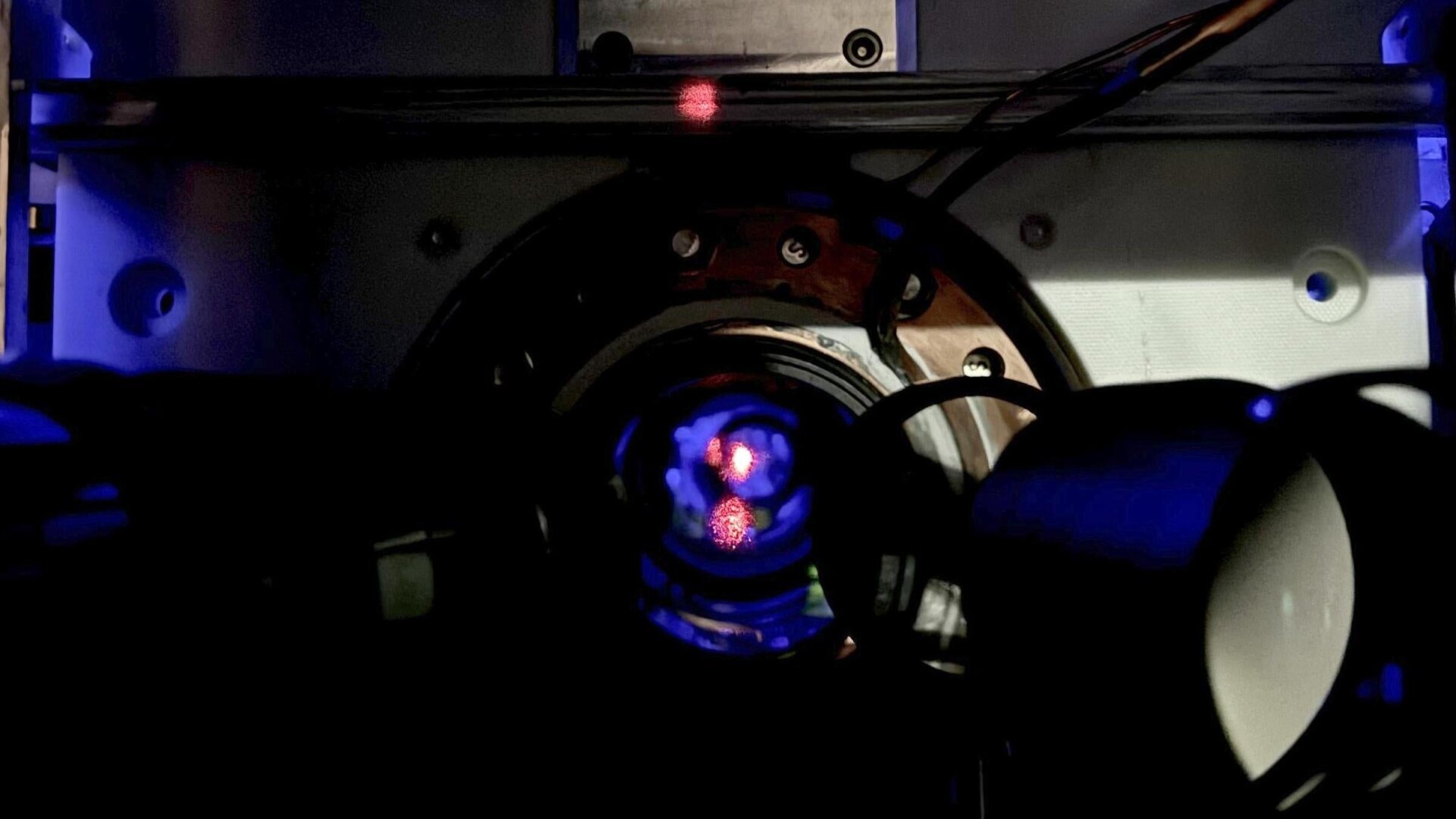
Time, not space plus time, might be the single fundamental property in which all physical phenomena occur, according to a new theory by a University of Alaska Fairbanks scientist.

However, some of the most extreme Tees are linked to psychedelic substances, such as LSD or ayahuasca.

The device, which traps thousands of atoms to keep time, is "pushing the boundaries of what's possible with timekeeping."

Recent research showed nature can regulate our sense of time.

Scientists have previously established that light can be slowed down in certain scenarios, and a new study demonstrates a method for achieving it that promises to be one of the most useful approaches yet.

In a revolutionary breakthrough German physicists have discovered that time is reversible within glass and plastics.

Research suggests that 'time cells' – neurons in the hippocampus thought to represent temporal information – could be the glue that sticks our memories together in the right sequence so that we can properly recall the correct order in which things happened.

Scientists have spotted a stunning "aurora-like" display of crackling radio waves over the surface of the sun that is strikingly similar to the Northern Lights on Earth.

Scientists have for the first time observed the early universe running in extreme slow motion, unlocking one of the mysteries of Einstein's expanding universe.

The novel technique differs from the most familiar ways of keeping time because it is not anchored to a “time zero” that marks the start of a recorded period.

Way back in 1979, astronomers discovered that cluster's mass distribution formed a lens that distorted the light. Now EU astronomers have spotted time delaying effect with another distant quasar.

The University of Maryland School of Medicine announced that its staff had completed the first transplant of a pig's heart into a human. The patient was too sick to qualify for the standard transplant list.

Scientists around the world have noted that the Earth has been spinning on its axis faster lately - the fastest ever recorded in decades. Scientists say we may need to cut an entire second out of the year.

Researchers have developed an algorithm to simulate returning a particle briefly to the past. The results suggest new paths for exploring the backward flow of time in quantum systems.

Two separate research teams managed to create what looked an awful lot like time crystals back in January, and now both experiments have successfully passed peer-review for the first time, putting the 'impossible' phenomenon squarely in the realm of reality.